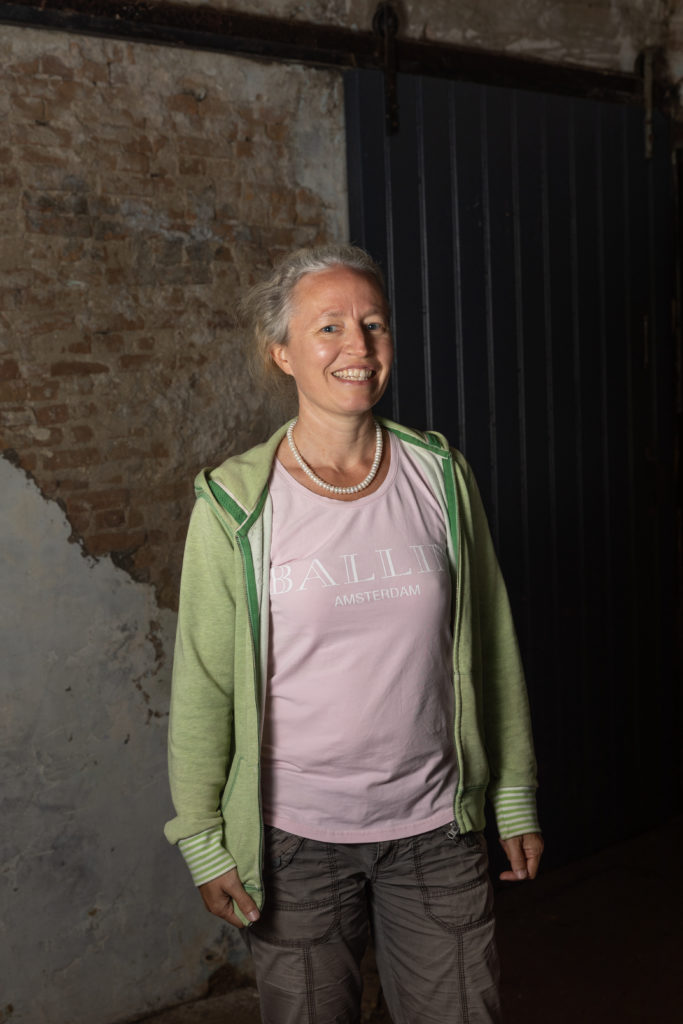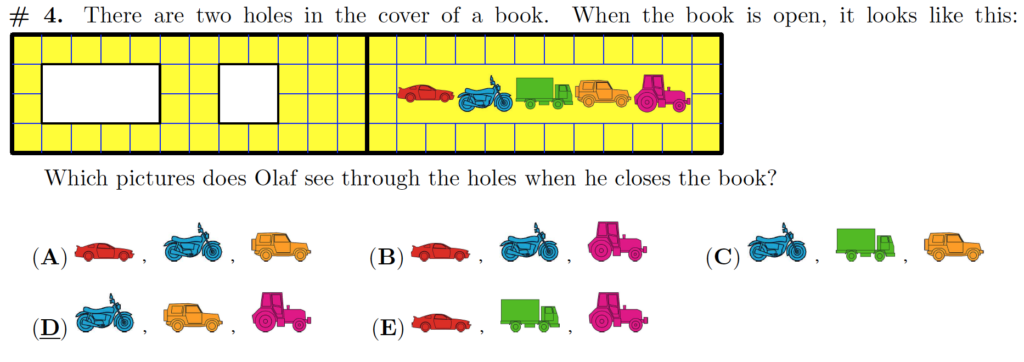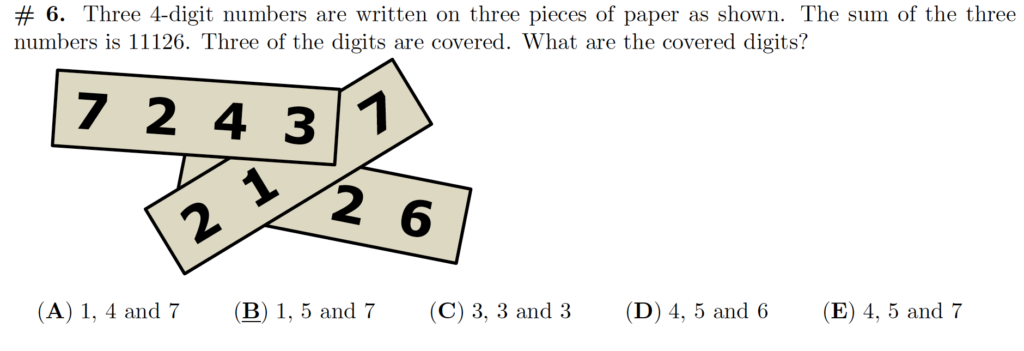Meike Akveld (1994) writes about her successful STEM career, the beauty of mathematics and her presidency of the international Kangaroo Association (AKSF).

As far back as I can remember, I have always wanted to be a mathematician. My mum is a mathematician too, and my interest in maths goes back a long way. I came to the UK in 1991 to study mathematics in Warwick. After finishing my BSc, I moved to St John’s, Cambridge, to take up the challenge of the famous Part III. During my studies I started to see the real beauty of mathematics, and that beauty kept my passion alive and is the driving force behind my motivation to teach.
After completing part III successfully I choose the ETH in Zürich for my PhD on symplectic geometry. My original field of research also included mathematical knot theory, which is interesting both from a research standpoint and from an educational one, as Andrew Jobbings and I cover in our book Knots unravelled: From string to mathematics.
By the end of my PhD my passion for teaching had become clear, and I got a teaching position in a prestigious Swiss high school. New breakthroughs in knot theory were made in the 1980s, and it became possible to teach these in high school, simultaneously showing modern mathematics and improving 3D visualisation skills.
After 10 years working in secondary education I had the opportunity to move back to the ETH, where I have been teaching ever since as a senior scientist. I have a general interest in teaching at tertiary level, and I love to experiment – for instance with the recently very trendy method of flipped classrooms, which we have tried out in large lectures of up to 700 students.
I decided to stay in Switzerland (before I actually met my future partner) because I simply love the mountains. Now, more than 23 years later, I have a Swiss partner and two Swiss children and we all love being outdoors. Skiing, climbing, hiking, swimming – you name it and we do it! The change of scenery is so relaxing that it enables me to come back full of energy after the weekend.
In the 1990s two French teachers visited their friends in Australia and were introduced to a multiple choice mathematics competition for all. They were immediately taken by this idea and started something similar, first in France only and quickly in many European countries. In honour of their Australian friends the competition was called ‘Kangaroo’, and since 2019 Australia is also a member of the Association, so the parent joined the child, so to speak.

My experience in high school enabled me to take over the presidency of the Swiss Kangaroo in 2012, and I became the president of the international Kangaroo Association (AKSF) in 2019. The goal of AKSF is to spread the joy of mathematics, and its main activity is the organisation of the annual multiple choice Kangaroo maths competition for all school age groups. It is all about joining in and having fun, and in 2019, the year before the pandemic, over 6 million children took part.
Early in March 2020 word came from all over the world informing me that schools were closing, and the Board quickly decided to make our rules more lenient. We kept our questions secret for longer so that countries could postpone the competition, and support was offered across boundaries, exemplifying the friendly spirit of our Association. At our virtual annual meeting last autumn we learned a lot from each other and feel better prepared for this year’s Kangaroo on 18 March.
The competition is offered in 6 levels (Year 1 and 2, Year 3 and 4 etc up to Year 11 and 12), and each paper comprises questions worth 3, 4 and 5 points. The difficulty increases throughout, and the last few questions on the paper are challenging, but the initial 3-point questions are meant to be solvable by everyone – so that all children can and should take part. All the questions are designed to show that maths is everywhere and that maths is fun. Kangaroo questions can also be used in schools after the competitions, offering a rich variety of beautiful, non-standard problems that can enormously benefit mathematics teaching.


The competition is held on the same day (the third Thursday of March) everywhere on the world, and the questions are the same, subject to translation and barring small changes because of the curriculum. This makes it very special for children to take part, because they know that all over the world children of the same age, but in completely different circumstances, are solving the same problems. That’s the unifying power of mathematics.
The association meets once a year. Ahead of this meeting all members submit proposals for questions, which are rated in a digital system. At the annual meeting six working groups then deliberate, discuss and finally decide on the problems for next year’s competition. This international exchange and the enormous and diverse experience is unique to Kangaroo and makes it into such a high-level competition.
I am elected as president for three years, and my foremost task at present is to lead our Association wisely through the current difficulties. Once back in a new normality I would like to get more and more children signed up each year, and I also want to increase participation in the competition across the African continent, where we currently have very few country members of the Association.


